JLPT N5 - Lesson 15 - Grammar - Verb: Part 03
Verb: Dictionary Form - ~Masu Form - ~Ta Form
In this lesson I will discuss about 9 more verbs in present plain form, present polite form, past plain form and past polite form. This lesson is the continuation of the last lesson on verbs.
Dictionary Form
Plain form is the basic forms of Japanese verb also often referred to as 'dictionary form' or 'root form'. Plain form of verb usually take place in casual situations or in casual conversations.
- はなす [hanasu] = to speak; Example: バングラデシュではベンガルごをはなす。= (I) speak Bengali in Bangladesh. (when I am talking to my friend)
- ならう [narau] = to learn; Example: かのじょはにほんごをならうためににほんへいった。= She went to Japan to learn Japanese.
- かう [kau] = to buy; Example: いつあたらしいえをかう? = When (will you) buy new house?
- うる [uru] = to sell; Example: あぶらをうる。= idle one's time away *Idiom
- わかる [wakaru] = to understand; Example: このことばをわかる?= Do (you) understand this word?
- おわる [owaru] = to end; Example: じゅぎょうはもうそろそろおわる。= The lesson will be over soon.
- あそぶ [asobu] = to play; Example: こどもたちはおもちゃであそぶ。 = Children play with toys.
- あるく [aruku] = to walk; Example: かれはいつもゆっくりあるく。= He always walks slowly.
- あう [au] = to meet; Example: もうすぐともだちとあう。= (I will) meet with my friend soon.
New Word: ためtame, いつ, あたらしい, いえ, あぶら,じゅぎょう,もう,そろそろ,こどもたち,おもちゃ,いつも,ゆっくり,もうすぐ,ともだち
ます (masu) or polite form of verb
Following are the verbs in masu form:
- はなします [hanashimasu]; Example: バングラデシュではベンガルごをはなします。= (I) speak Bengali in Bangladesh. (when I am talking to my teacher)
- ならいます [naraimasu]; Example: かのじょはにほんごをならいます。 = She will learn Japanese.
- かいます [kaimasu]; Example: いつあたらしいえをかいますか? = When (will you) buy new house?
- うります [urimasu]; Example: わたしのいえをうります。= I will sell my house.
- わかります [wakarimasu]; Example: このことばをわかりますか? = Do (you) understand this word?
- おわります [owarimasu]; Example: じゅぎょうはもうそろそろおわります。= The lesson will be over soon.
- あそびます [asobimasu] ; Example: こどもたちはおもちゃであそびます。 = Children play with toys.
- あるきます [arukimasu]; Example: かれはいつもゆっくりあるきます。= He always walks slowly.
- あいます [aimasu]; Example: もうすぐともだちとあいます。= (I will) meet with my friend soon.
Past た (ta) form
Let's make some sentences in past form:
- はなした [hanashita]; Example: にほんごをはなした。= (I) spoke Japanese.
- ならった [naratta]; Example: かのじょはにほんごをならった。 = She learned Japanese.
- かった [katta]; Example: いつあたらしいえをかった? = When did you buy new house?
- うった [utta]; Example: わたしのいえをうった。= I sold my house.
- わかった [wakatta]; Example: もうわかった。= (I) understood already.
- おわった [owatta]; Example: じゅぎょうはもうおわった。= The lesson is over already.
- あそんだ [asonda]; Example: こどもたちはおもちゃであそんだ。 = Children played with toys.
- あるいた [aruita]; Example: かれはゆっくりあるいた。= He walked slowly.
- あった [atta]; Example: きのうともだちとあった。= Yesterday (I) met my friend.
Past Polite Form - ~ました
The polite form of verb 'ます' will become ました to indicate an action was completed in the past.- はなしました [hanashimashita]; Example: にほんごをはなしました。= (I) spoke Japanese.
- ならいました [naraimashita]; Example: かのじょはにほんごをならいました。 = She learned Japanese.
- かいました [kaimashita]; Example: いつあたらしいえをかいましたか? = When did you buy new house?
- うりました [urimashita]; Example:わたしのいえをうりました。= I sold my house.
- わかりました [wakarimashita]; Example: もうわかりました。= (I) understood already.
- おわりました [owarimashita]; Example: じゅぎょうはもうおわりました。= The lesson is over already.
- あそびました [asobimashita]; Example: こどもたちはおもちゃであそびました。 = Children played with toys.
- あるきました [arukimashita]; Example: かれはゆっくりあるきました。= He walked slowly.
- あいました [aimashita]; Example: きのうともだちとあいました。= Yesterday (I) met my friend.
In previous lesson on verb we learned 9 verbs and today we have learnt another 9 verbs in plain present form, present polite form, plain past form and past polite form
Today's lesson is up to here. Gradually we will move to more complex grammar structures.
- Lesson 1: Why Japanese Language
- Lesson 2: JLPT N5 Introduction
- Lesson 3: Hiragana Part 1
- Lesson 4: Hiragana Part 2
- Lesson 5: Katakana Part 1
- Lesson 6: Katakana Part 2
- Lesson 7: Kanji Part 1
- Lesson 8: Japanese Everyday Greetings
- Lesson 9: Japanese Particles Introduction
- Lesson 10: Grammar Time
- Lesson 11: Verb Basic
- Lesson 12: Vocabulary - Family Members
- Lesson 13 - Grammar - Verb: Part 2
- Lesson 14 - Kanji - Part 2




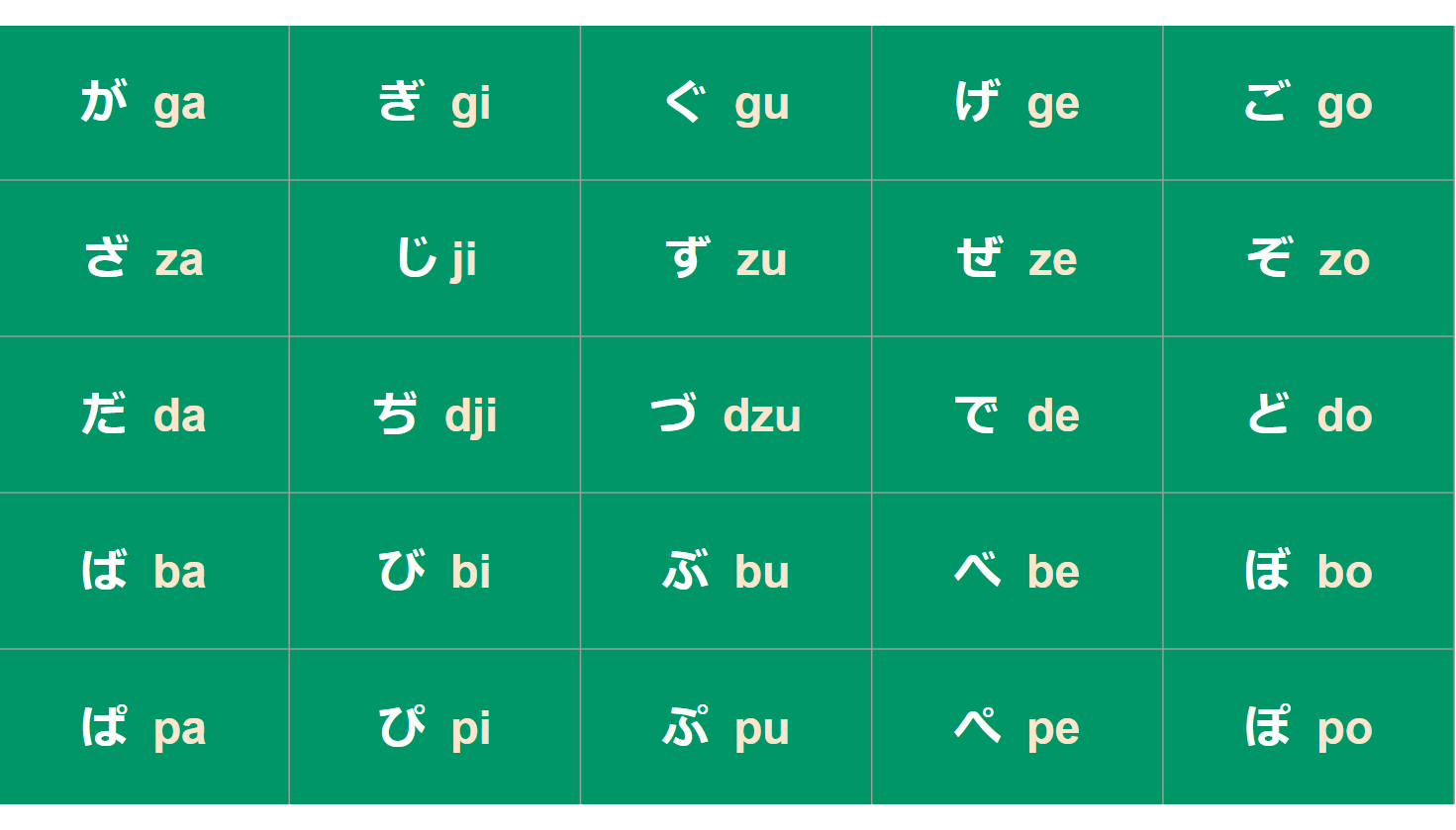
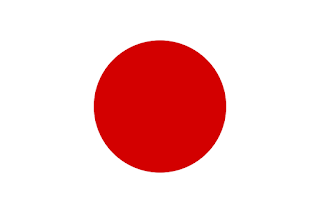
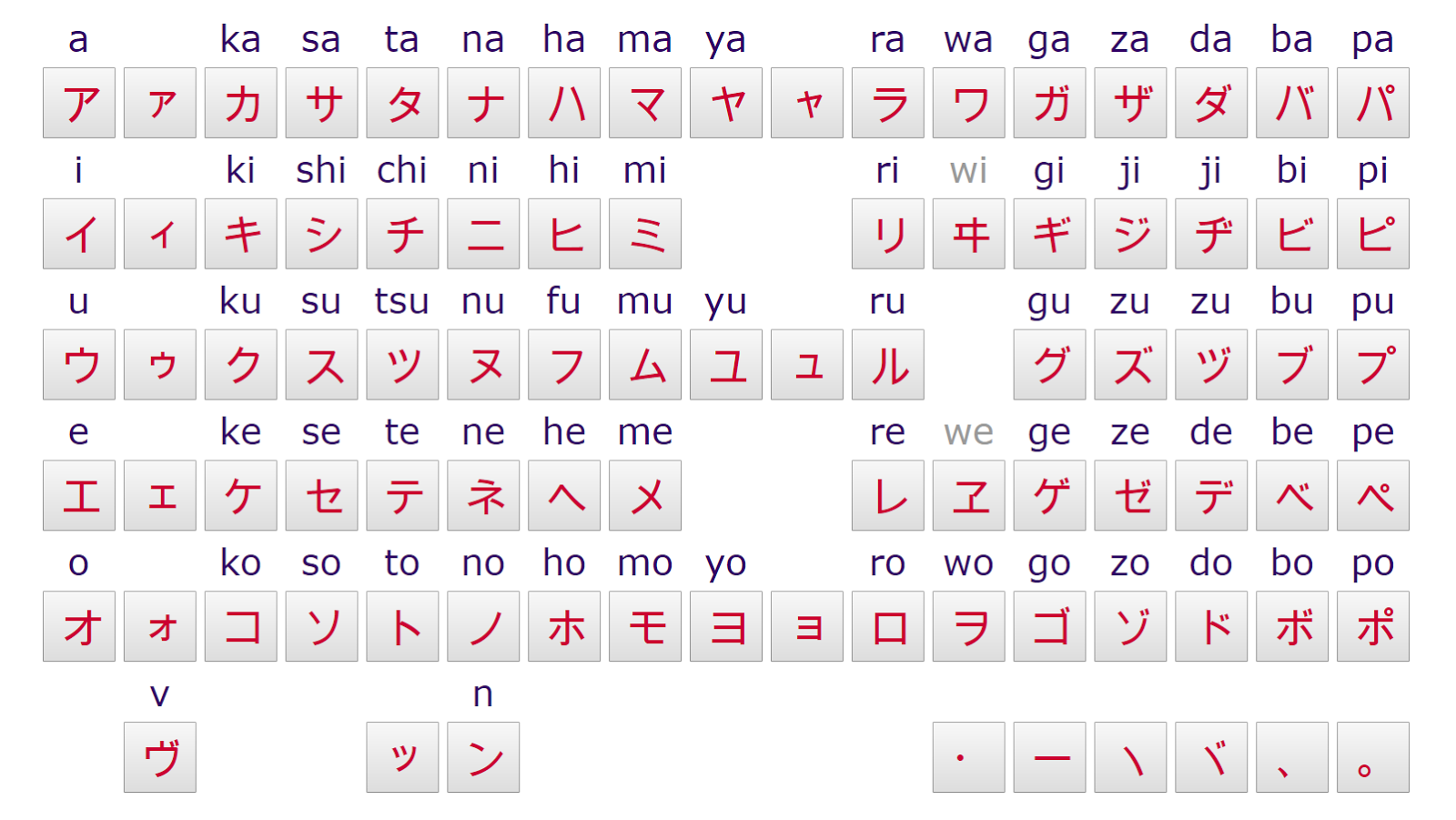

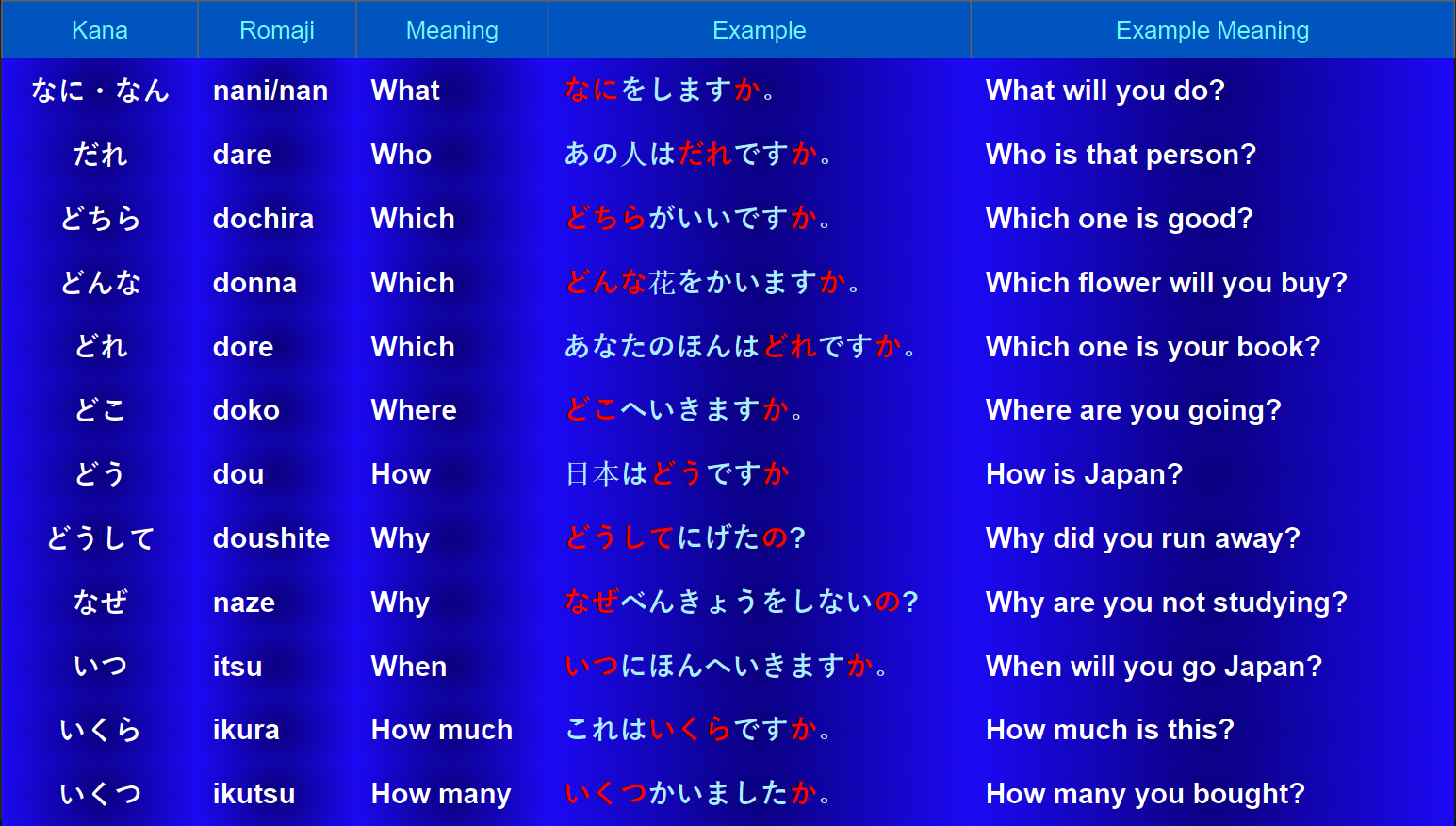
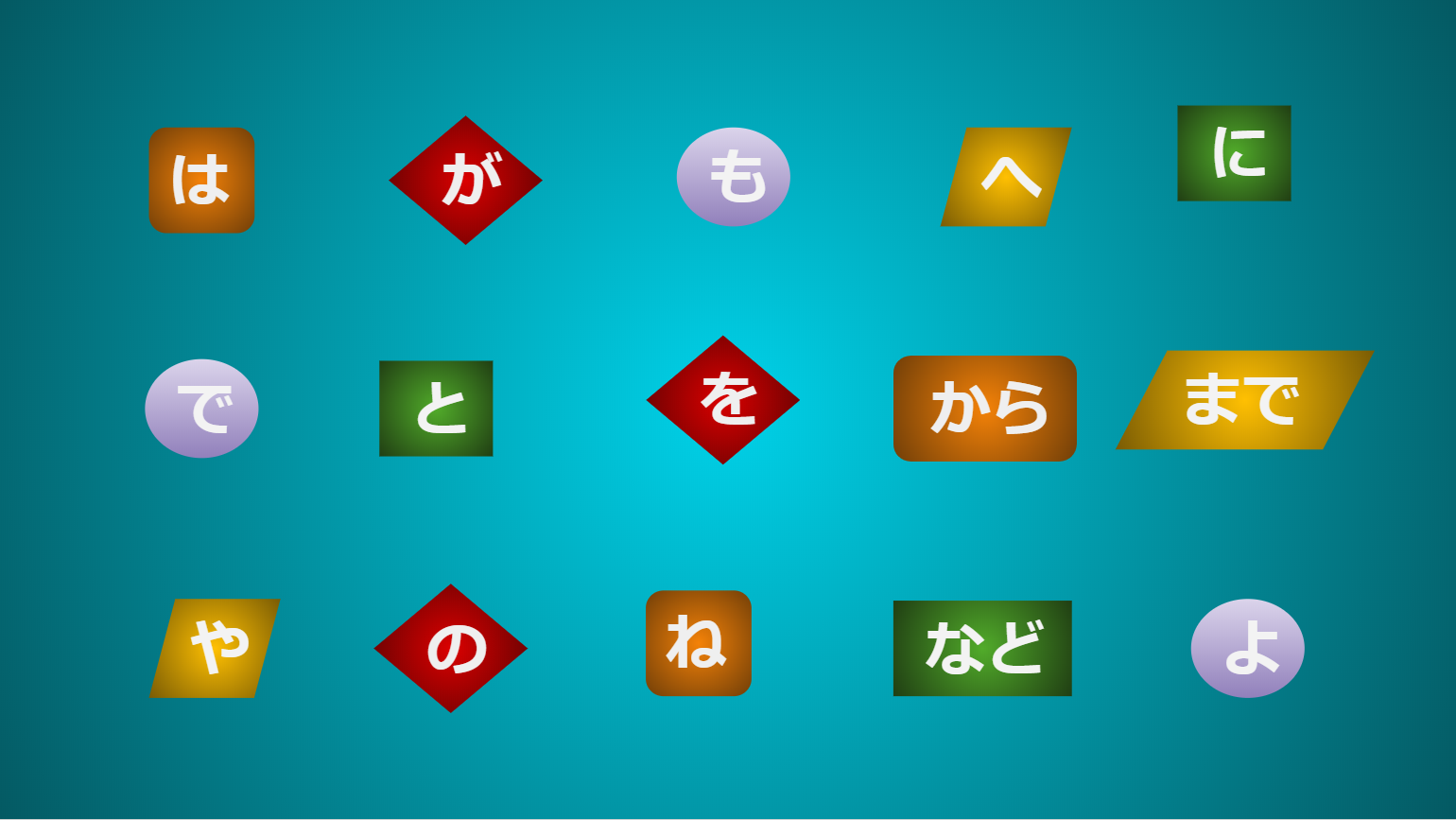
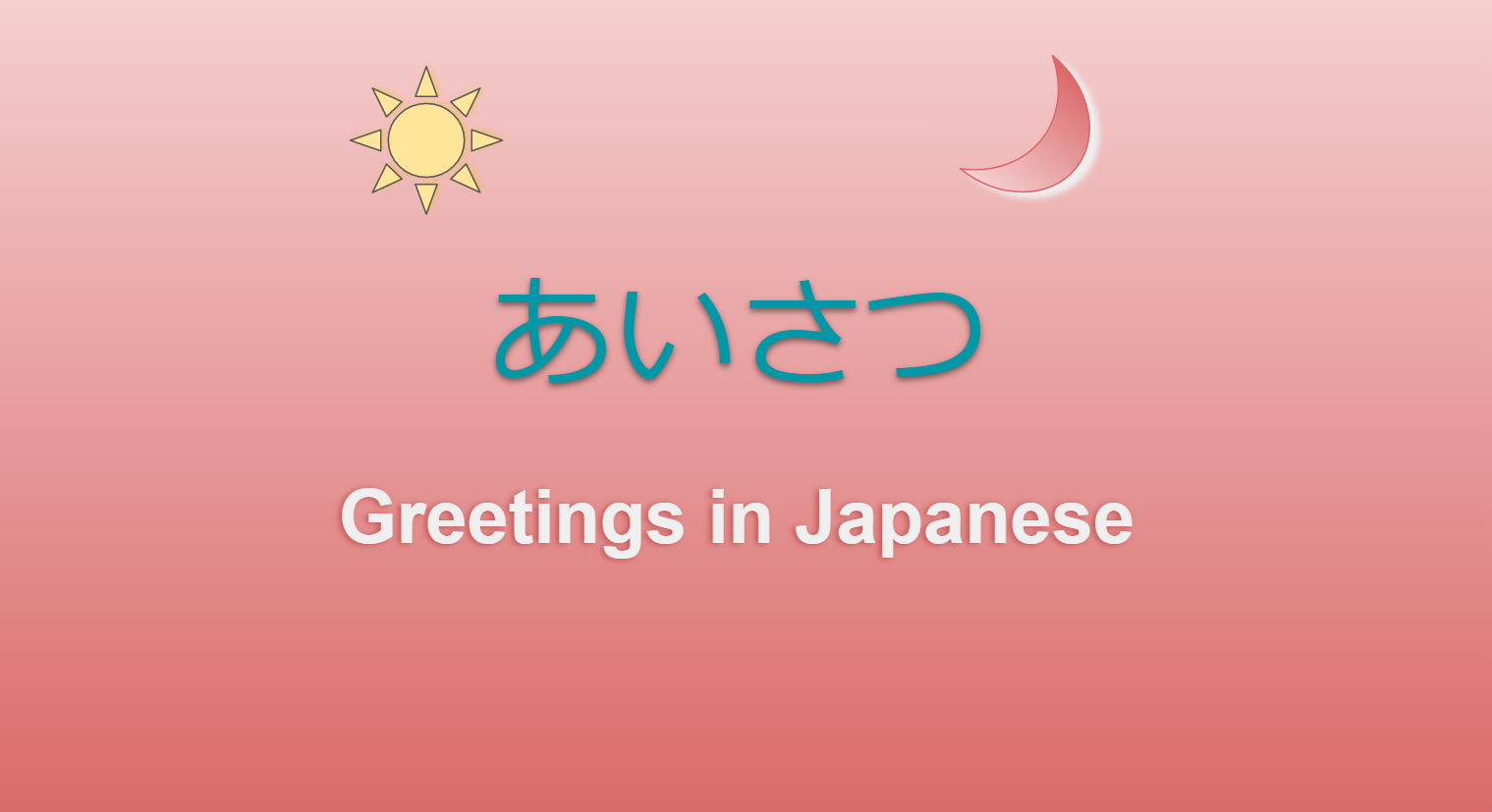
Comments
Post a Comment